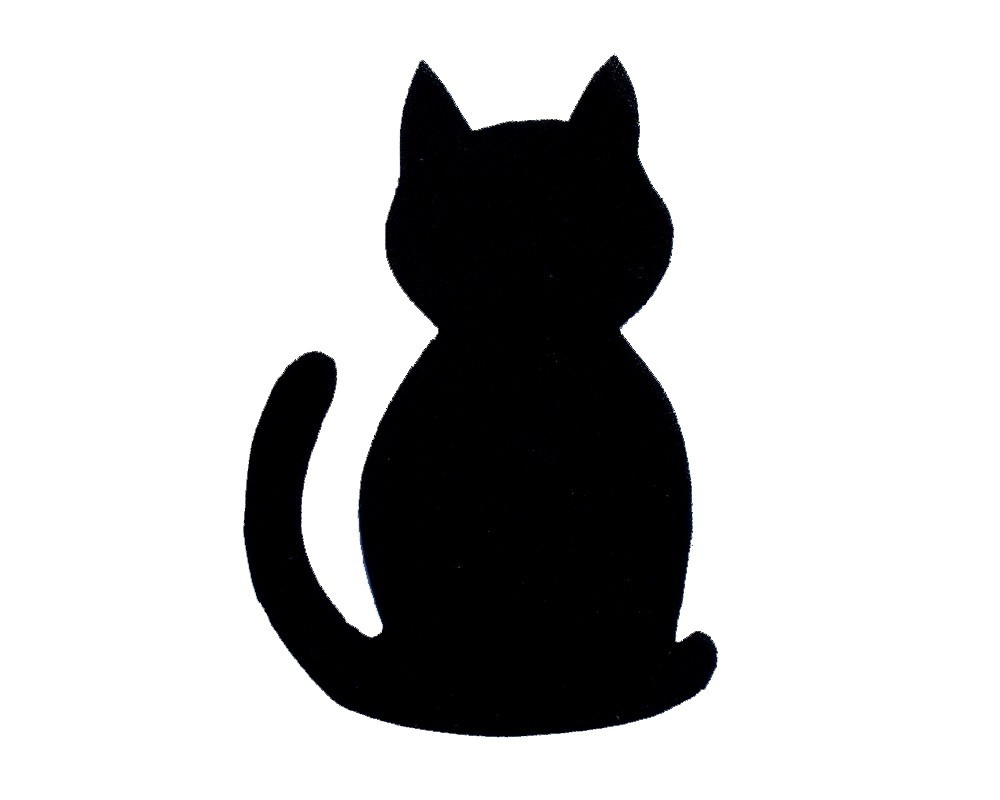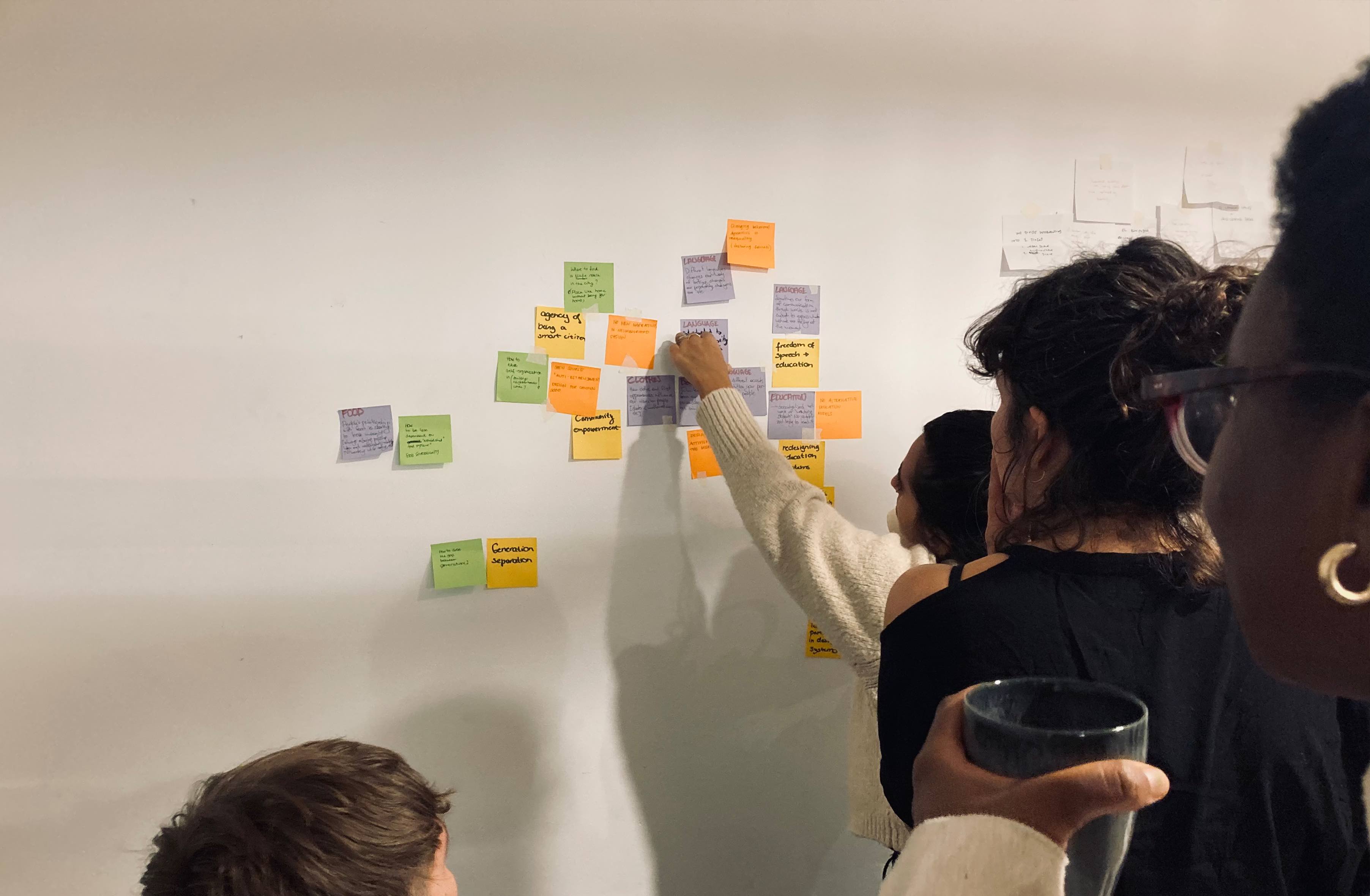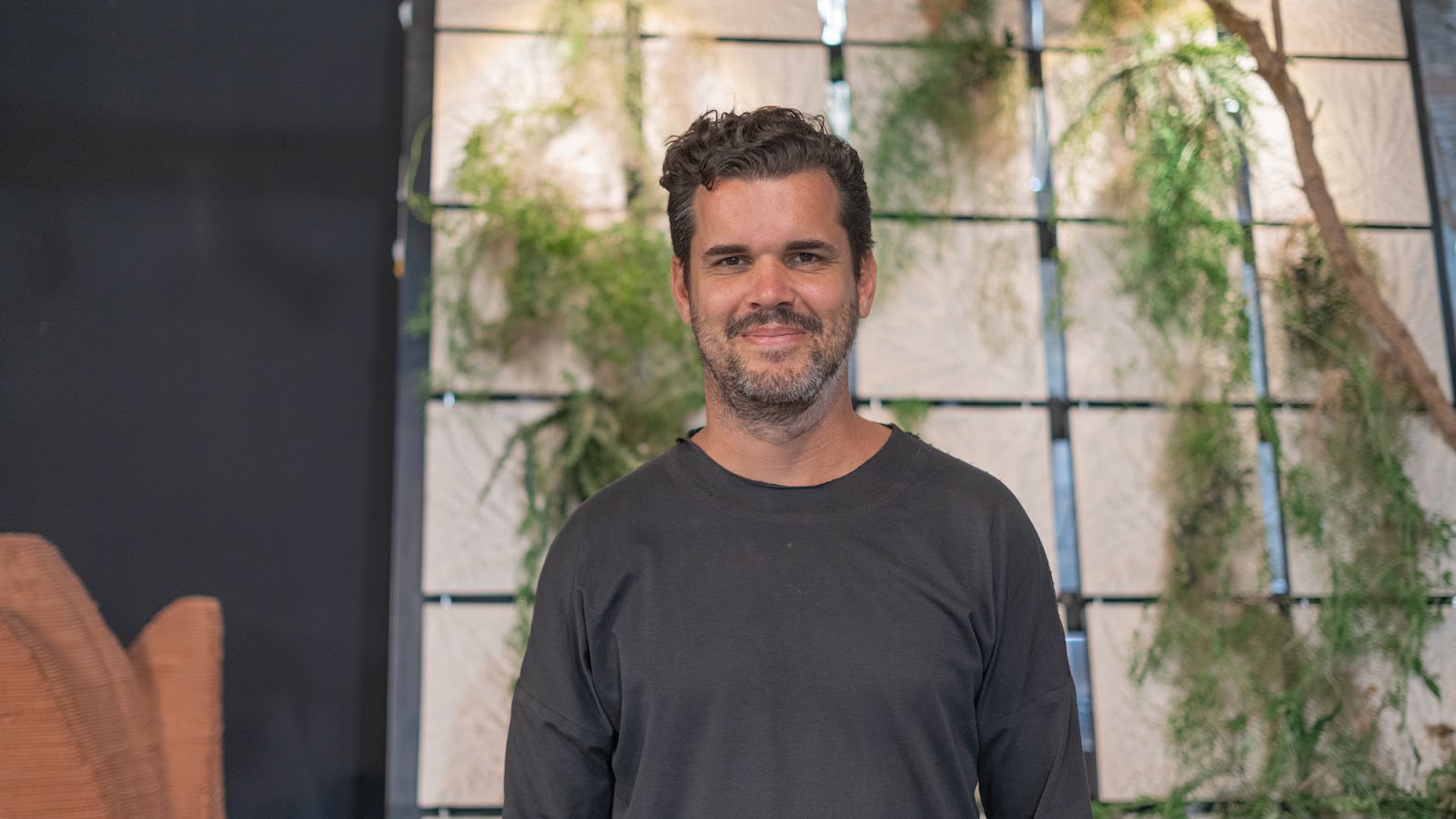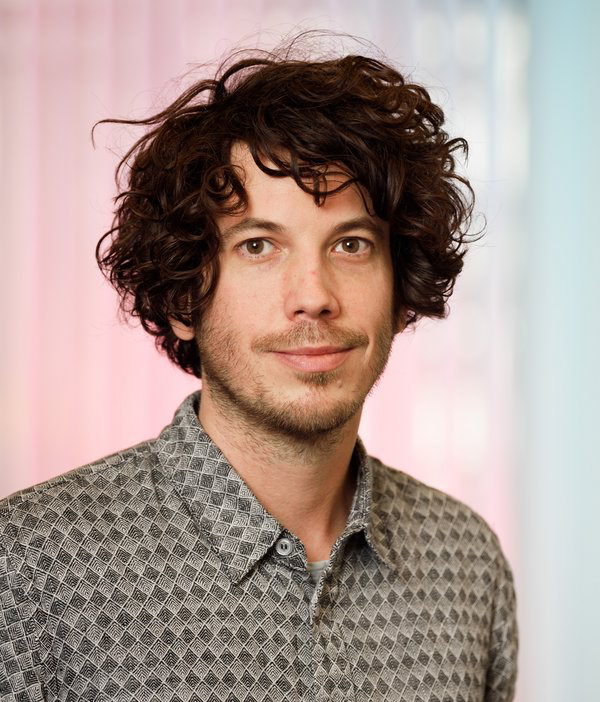Syllabus⇝
Day 1: Group debate and individual discussions⇝
Refine your interest area, position yourself in the existing work, select the tools you will use, introduce your work-plan and documentation/distribution strategy. Articulate a narrative between these elements of your journey with a specific target audience in mind.
Day 2: Practical Narratives Workshop with Kickstarter⇝
The construction of thoughtful, compelling narratives should extend beyond the creative aspects of your practice. “Practical narratives” – the kinds of stories you tell in grant writing, fundraising, business proposals, pitches and more – can be some of the most powerful communications in your career. In this session, we’ll look at these kinds of narratives as an opportunity to invite your audience to get involved in your creative process, using the Kickstarter format as a new archetype to learn from. Workshop mini-structure:
Context and analysis
After an introductory lecture, we’ll look at good examples of project proposals, drawn from Kickstarter and other sources – and analyse them together. Why are they compelling? What are they asking for? How are they inviting a crowd or community into their process?
Exercise 1 (in-class): Title, Subtitle & Lead Image
Using a project idea of your own, sketch out a compelling title, subtitle, and lead image for your concept
Exercise 2 (take home): Outline or Storyboard
Develop this first exercise into a proposal outline, or storyboard
Day 3: Presentation and discussion⇝
Students present & discuss Exercise 2
One-on-one sessions
Time for follow-up and individual feedback on students’ own practical narratives
Day 4: Tools for new engaging narratives⇝
Duckling argues that social media in its DNA is built to divide us because it’s business model is based on micro-segmentation. So it’s unlikely that social media will ever become beneficial for us. We have to build an entirely new media category instead.
We call this next media category “Insight media,” and we built it on contextual and collective human thinking rather than personal promotion. We have made an app for Insight Media, which is called Duckling. Through Duckling, people create stories about their key insights, that are passed on, changed and expanded by the Duckling network. The result is ideas, insights, and inspiration that deepen our understanding of ourselves and the world.
Mini-Workshop structure:
General introduction to why documentary storytelling makes sense, why exactly now, and why in the Fablab context
A bit of hands-on theory on how to construct a good documentary story
Demo of Duckling and a small assignment
Briefing on doing small stories the rest of the semester, and what it will generate for the students and for all of us.
Day 5: Student Showcase⇝
Prepare a showcase of your narratives using computers and other types of screens in the classroom.
Deliverables⇝
One page text explaining your area of interest, and plans to execute it during the year. A short video (story) using social medial tools given in the class.
Additional Resources⇝
Faculty⇝

Heather Corcoran
Outreach Lead at Kickstarter
Heather Corcoran is Outreach Lead at the creative funding platform Kickstarter. Based in London, she works closely with artists, innovators, creators, and makers across Europe who use Kickstarter to bring new projects to life. Before that, she was the Executive Director of the digital art nonprofit Rhizome, based at the New Museum, New York.

Bjarke Calvin
Entrepreneur and Advisor
Bjarke Calvin is a CEO, Entrepreneur and Advisor: He creates projects that empower people socially with storytelling. His main project is Duckling.
Tomas Diez Ladera, a Venezuelan Urbanist, Designer, and Technologist, is known for his expertise in digital fabrication and its impact on future cities and society. He is a founding partner and executive director of the Fab City Foundation, and he also serves on the Institute for Advanced Architecture of Catalonia’s board of trustees, where he holds positions as a senior researcher and tutor. He actively collaborates with the Fab Foundation to support the global Fab Lab Network and has played a significant role in launching initiatives such as the Fab Academy and Fab City.
Tomas co-founded and co-designed projects like the Smart Citizen initiative and the global Fab Lab Network platform, fablabs.io. Additionally, he co-created higher degree programs, including the Master in Design for Emergent Futures (IAAC-Elisava) and the Master in Design for Distributed Innovation (Fab City-IAAC), both of which he co-directs. As a founding partner and President-Director of the Meaningful Design Group Bali, he aims to combine advanced technologies and design with alternative perspectives and cultures in Indonesia and Southeast Asia. He has received recognition as a young innovator of the year by the Catalan ICT Association and was nominated as one of Nesta's and The Guardian's top 10 Social Innovators in Europe.
Oscar Tomico is associate professor at the Department of Industrial Design at Eindhoven University of Technology on Design Research Methodologies for Posthuman Sustainability. His research revolves around 1st Person Perspectives to Research through Design at different scales (bodies, communities and socio-technical systems). Ranging from developing embodied ideation techniques for close or on the body applications (e.g. soft wearables), contextualized design interventions to situate design practice in everyday life, exploring the impact of future local, distributed, open and circular socio-technical systems of production, or experimenting with cohabitation as a posthuman approach to multi-species design.


